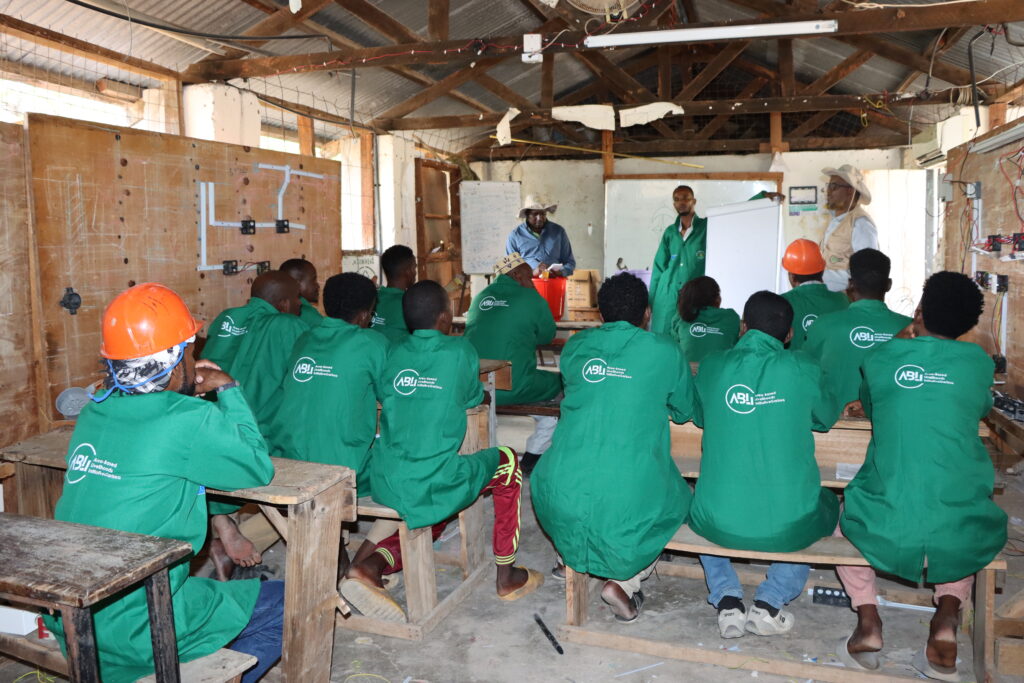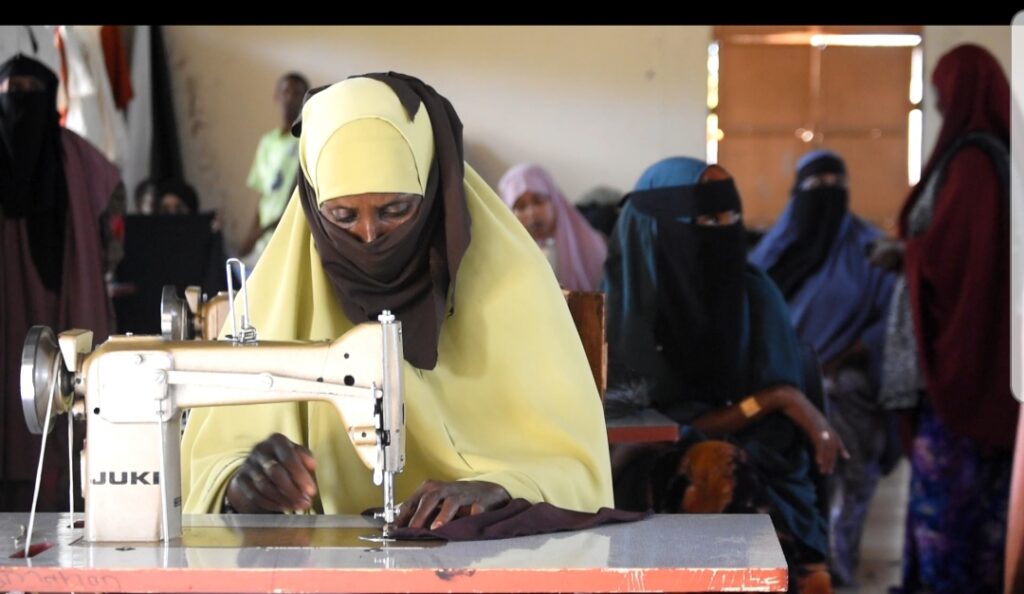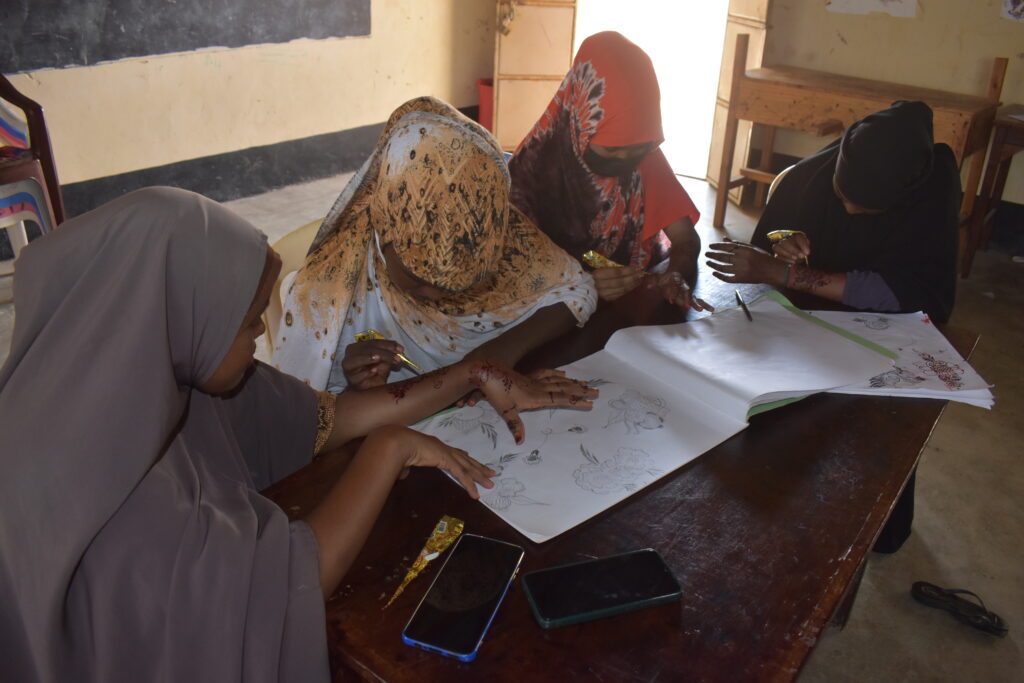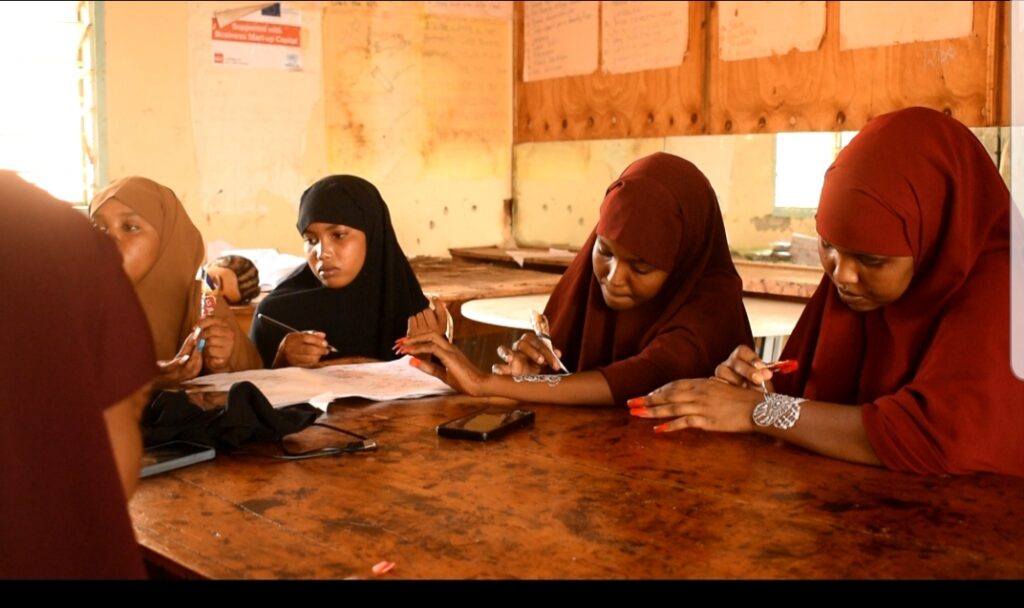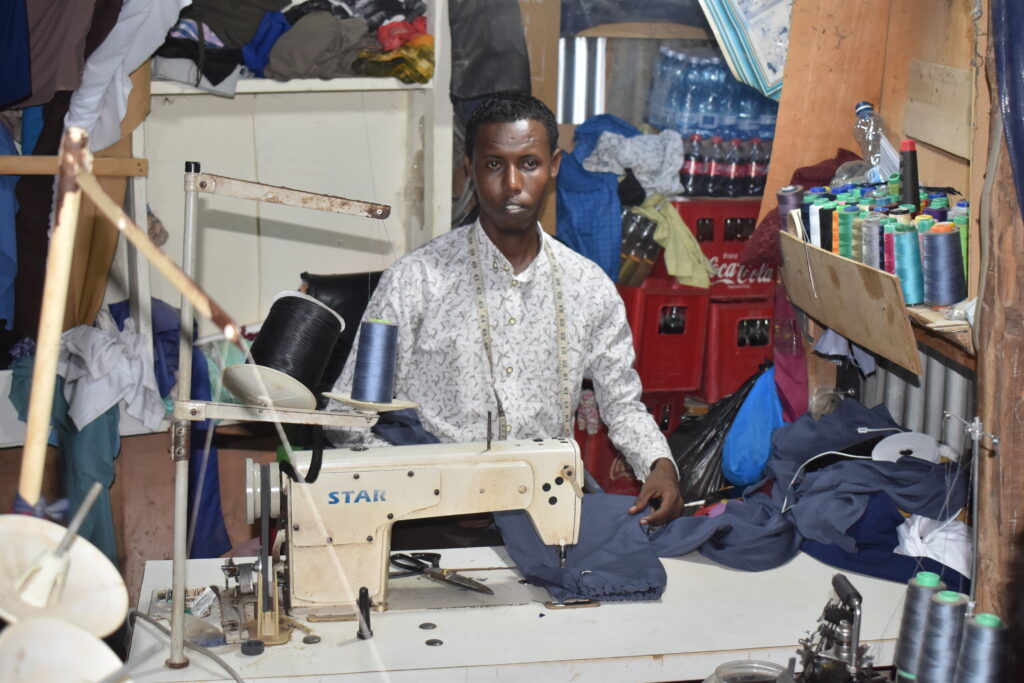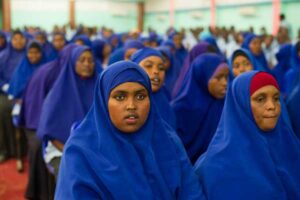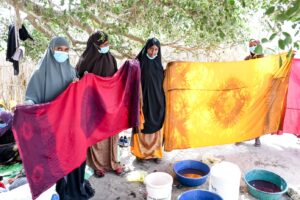The Area-Based Livelihood Initiative II (ABLI II), implemented by ROAD, is a comprehensive program designed to enhance self-reliance and economic resilience among refugees and host communities in Garissa, Kenya. By addressing key challenges such as unemployment, climate change, and local conflict, ABLI II focuses on promoting sustainable economic development. The program collaborates with the Garissa County Government to drive change and improve livelihoods, offering a variety of initiatives aimed at empowering local populations. The project primarily targets four critical sectors: skills development, agriculture, entrepreneurship, and economic opportunities.
ABLI II offers scholarships and training opportunities to individuals, helping them diversify their skill sets and improve their employability. This initiative aims to equip participants with valuable competencies that meet the demands of the job market, fostering self-sufficiency within the community. Additionally, the program promotes sustainable dryland agriculture practices designed to help communities adapt to climate change and increase food security. Given the environmental challenges in Garissa, these agricultural techniques are vital for building resilience in local farming systems. On the entrepreneurship front, ABLI II supports aspiring business owners by providing financial literacy training, business management skills, mentorship, and cash grants. These resources empower individuals to launch businesses, create jobs, and stimulate local economic growth. Lastly, the program works to enhance the overall business environment, creating more opportunities for both refugees and host communities to thrive economically. By expanding access to markets and financial services, ABLI II encourages sustainable economic development across the region.
The project is focused on delivering tangible and lasting outcomes for the communities it serves. One of the key objectives is capacity building, helping refugees and local individuals build the skills necessary to secure stable employment and connect to market systems. This strengthens their ability to sustain livelihoods and contribute to local economic growth. ABLI II also works to establish sustainable linkages to finance for micro, small, and medium enterprises (MSMEs) in Dadaab, improving access to financial resources to support business growth and job creation. Furthermore, the project addresses the systemic barriers that limit self-reliance, including regulatory, financial, and social challenges. By creating an enabling environment, ABLI II helps individuals become more independent and resilient.
ABLI II adopts a market systems approach to ensure the sustainability of its interventions. By fostering partnerships with key market actors, the project works to remove barriers that hinder self-reliance, particularly for marginalized groups. One of the key areas of focus is financial inclusion, where ABLI II partners with financial service providers to offer essential financial services to both refugees and host communities. This partnership helps integrate displaced populations into the formal economy, providing access to financial tools critical for business and personal development. The program’s skills training initiatives combine classroom-based learning with hands-on experience, including apprenticeships and industrial attachments. This dual approach ensures that participants gain both the theoretical knowledge and practical skills needed to succeed in the workforce. The Garissa County Government plays a crucial role in ABLI II’s success, collaborating with various ministries to deliver services and ensure the program is responsive to local needs. This partnership helps align the project’s efforts with broader regional development objectives, ensuring that ABLI II contributes to the overall development of the region.
Through its multifaceted approach, ABLI II is making a significant impact in Garissa, helping both refugees and host communities build sustainable livelihoods and increase economic resilience. By focusing on skills development, entrepreneurship, agriculture, and economic opportunities, the project is laying the groundwork for long-term community growth and self-reliance. With continued collaboration from local and regional partners, ABLI II is poised to create lasting change, improving the lives of individuals and fostering a more prosperous future for all in the region.
